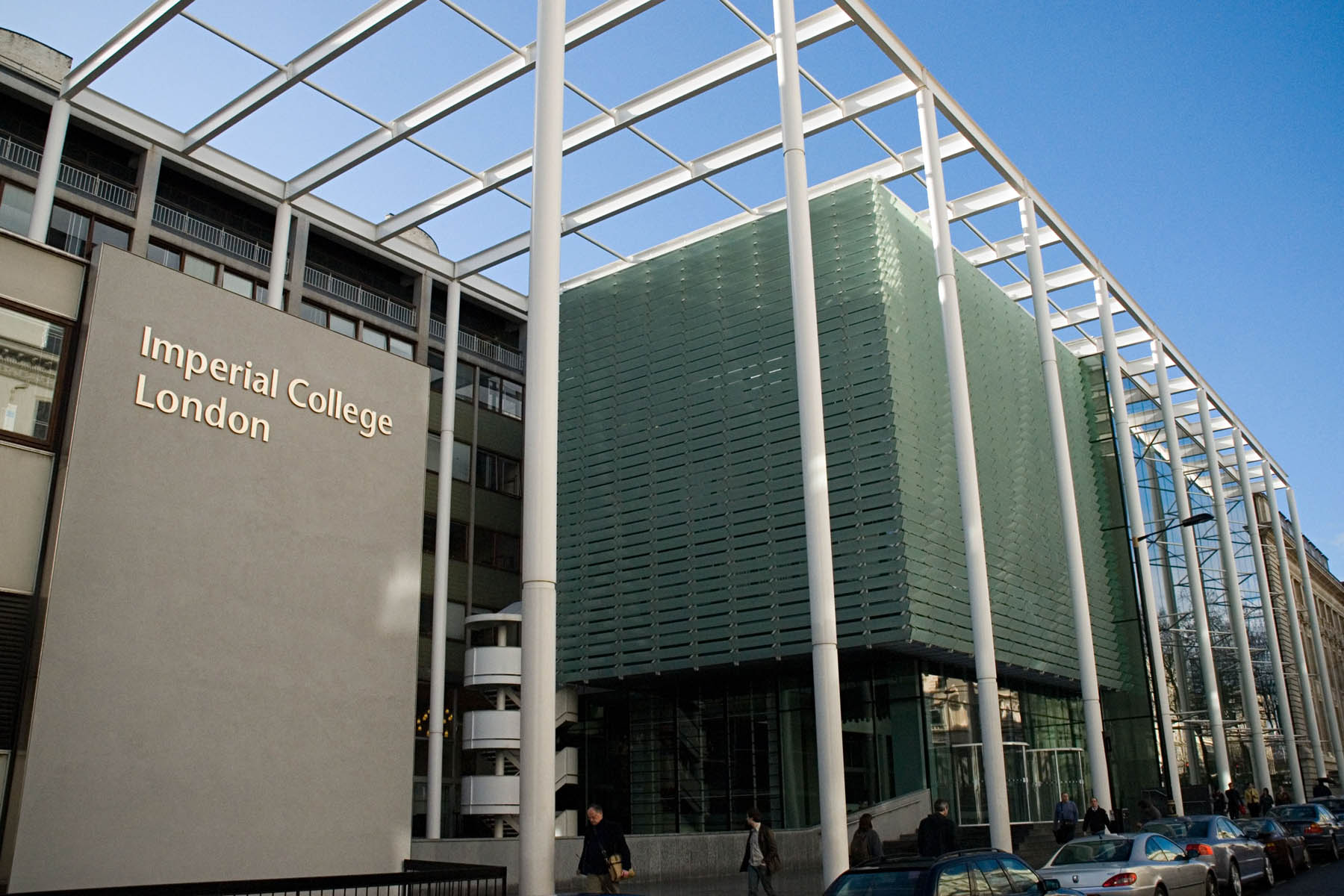Phil Sharp Racing is pleased to announce a technical partnership with Imperial College London and their Energy Futures Lab, who are undergoing research and development of a fully sustainable, zero-carbon emissions energy system for an IMOCA 60 offshore race boat.
The research will provide an important initial development stage for a new racing project, led by offshore sailor Phil Sharp, to become the first British team to win the Vendée Globe non-stop round the world race. The project aims to develop and construct a new boat to compete in the IMOCA Ocean Masters World Championship, including the next Vendée Globe in 2016.
The Energy Futures Lab (EFL) are carrying out this development through a Masters project, which draws on the knowledge of specialists at the university involved in the latest innovations in hydrogen fuel cell, energy storage and solar technologies. A feasibility study will examine a diverse range of potentially applicable renewable technologies including wind, solar, hydro, hydrogen fuel cell and energy storage technologies.
Professor Nigel Brandon, BG Chair in Sustainable Gas, and co-supervisor of the research, said: “I am delighted to be involved in the energy systems development of such a performance driven, offshore marine project. We believe it provides a powerful opportunity to demonstrate the competitiveness, adaptability and reliability of the green energy technologies of tomorrow. The association is also inspirational for students at Imperial.”
Phil Sharp, a graduate of Imperial commented: “I am very excited to be working with Imperial and the EFL, a technical cheapativanpriceonline.com centre of excellence that includes some of the country’s leading researchers in solar power, energy storage and fuel cell technology.
“At the heart of a round-the-world race yacht is the energy system, which powers the autopilot, navigation systems and water makers. Having a reliable, low-weight, efficient and sustainable energy system is critical if you want to be competitive in such an endurance race. Based on initial studies carried out by EFL I believe that it is now possible to achieve these objectives effectively using a zero-emission system thanks to recent innovations.”
“As part of the solar development we are carrying out climatology studies that look at radiation data along typical Vendee Globe routings. Imperial will feed this data into a solar round-the-world simulator in order to select the appropriate technology and optimise the position and sizing of the PV panels on the boat. It is important to look at this early on during the development phase so it can be integrated effectively in the overall yacht design package. Having the technology is one thing, but driving the maximum efficiency out of it is another.”
The project aims to fundamentally demonstrate the competitiveness of the latest renewable energy technologies against conventional fossil fuelled systems in isolated, self-sufficient environments such as that of a round-the-world race yacht, which must be robust and fully-sustainable.
The team is currently putting together a community of interest and reaching out to corporate partners that can benefit from the association with a powerful innovation platform breaking new grounds in energy management.
